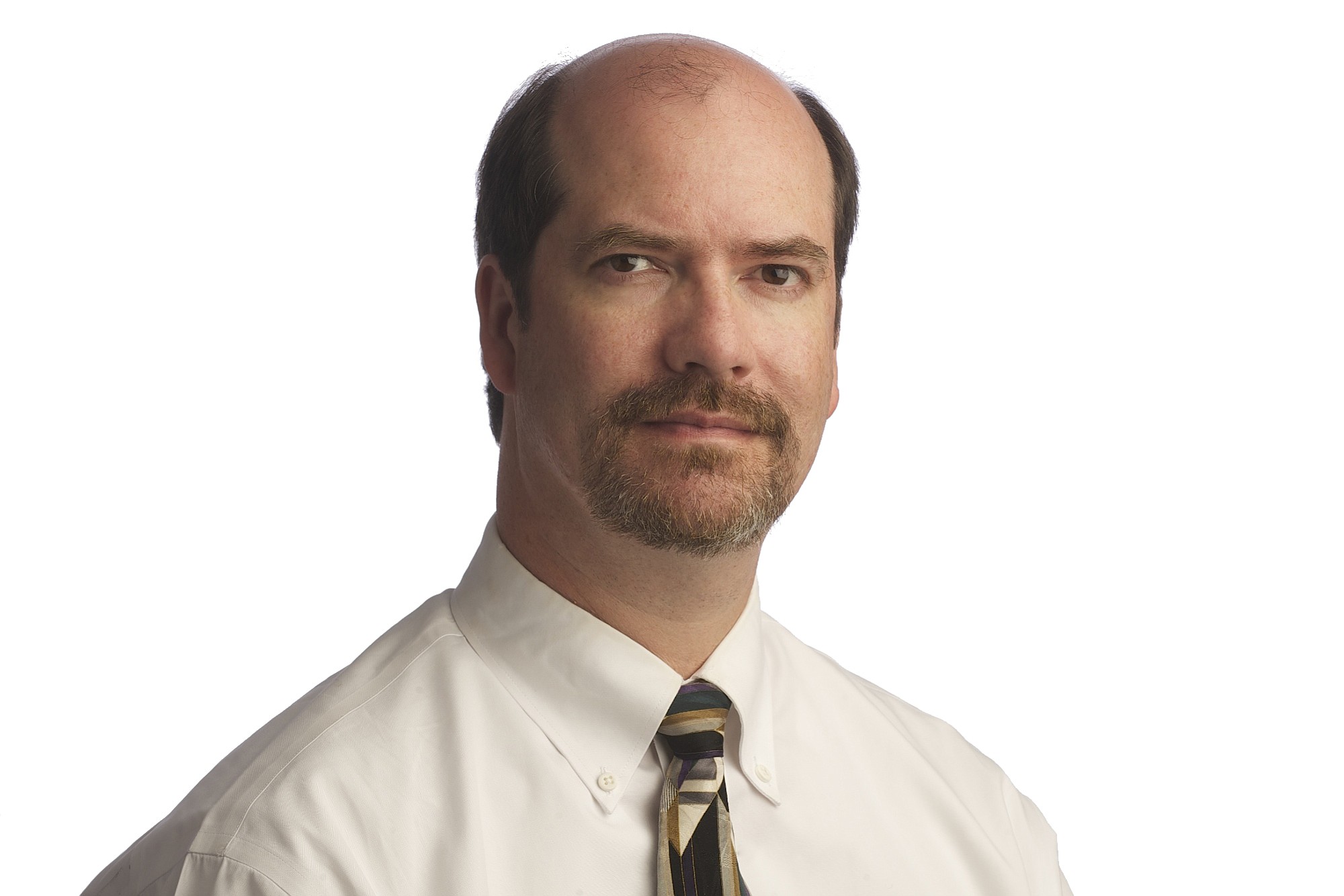Americans, it would appear, are becoming less and less generous.
At least that’s one way to read a recent Gallup poll. Well, it’s one way to read it if you’re Christopher Flavelle, a columnist for Bloomberg. “New Gallup poll numbers show Americans increasingly dispute the idea that government has a responsibility to make sure everybody can get health insurance,” he wrote. “It’s tempting to see that as an indictment against Obamacare, but it might just mean more Americans are becoming jerks.”
Now, I’m not familiar with Flavelle or his views. He might actually believe this. Or he might simply be trolling for attention and for page views. If that’s the case, I guess it worked, because here I am writing about it. Maybe I’m just gullible.
Either way, Flavelle’s column got me thinking about American generosity and the American psyche and the absurd notion that you somehow are a jerk if you don’t think it is the duty of government to provide health care for everybody.
First, let’s take a look at that Gallup poll. In the early 2000s, about two-thirds of the populace believed health care was government’s responsibility. That number was down to 50 percent by 2010 and down to 42 percent this year. Of course, this decline was accompanied by a recession and by the fact that government-run health care suddenly was a reality rather than an ethereal concept.
Those kinds of things tend to change peoples’ views. There’s a difference between idealism and reality, as anybody who has attended college and then had to grow up can tell you.
Anyway, back to the poll. The survey showed that, since 2007, the number of Americans who thought government should guarantee every person enough to eat and a roof over their head fell from 69 percent to 59 percent.
This, to me, seems sensible rather than jerkish. And it illuminates one of the most fundamental political debates we have in this country. You see, just because people don’t think government should guarantee food and shelter doesn’t mean they believe others should go without. It means they believe that government isn’t necessarily the most efficient vessel for delivering such basic needs.
The same goes for health care. As we have seen through the failures of a $600 million website, government sometimes screws things up. And it is able to do so with impunity minus the competition that is inherent in the free market.
Flavelle writes: “For Democrats, the challenge here goes well beyond defending an increasingly unpopular health care law. Their job now is finding a way to convince people that helping their neighbors is still worthwhile, even as the median voter becomes less likely to agree.”
Finding middle ground
I disagree with that conclusion. Some of the most generous people I know are some of the most conservative. Not all of them, but the two concepts are far from mutually exclusive. The difference is that the conservatives believe in helping through private enterprises, through their churches, through their own time and money. They simply don’t believe that government is the most efficient avenue for such assistance.
The extremes on both sides, of course, are misguided. Government must play an important role in public assistance; Social Security, to use one example, has been crucial in helping this country’s most impoverished citizens for decades. Food stamps, unemployment insurance, Medicare — these are hallmarks of a civilized society. At the same time, any notion that government alone should provide food and shelter for everybody is untenable. There’s a difference between providing assistance and creating a disincentive for personal responsibility.
Nobody knows exactly where the line should be drawn; that’s why we have politics. But in pondering this never-ending debate, and with all the remembrances of President Kennedy in recent days, I am drawn to one of his most famous quotes. “Ask not what your country can do for you,” Kennedy said, “ask what you can do for your country.” Christopher Flavelle probably would have called him a jerk.




